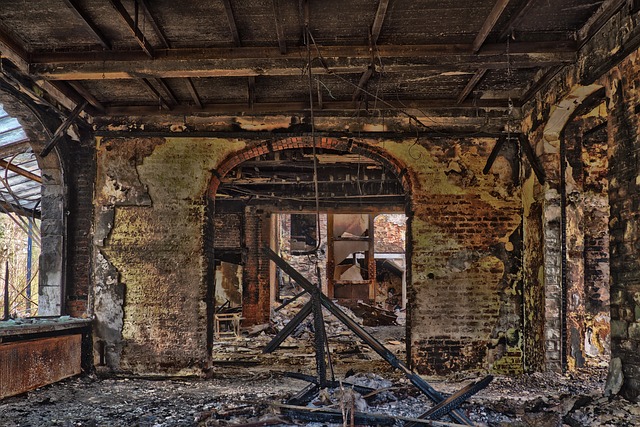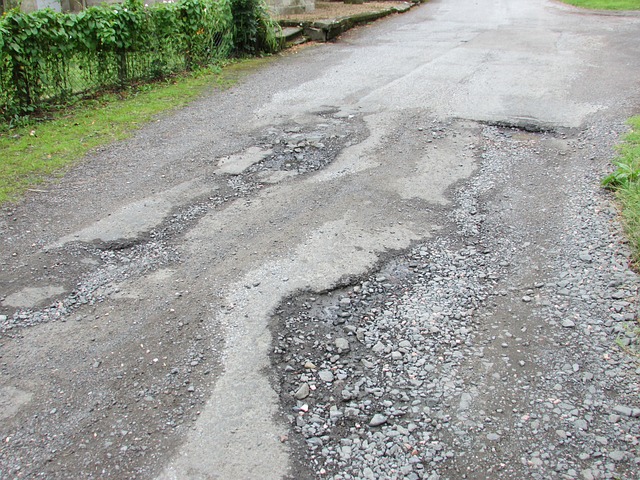
It can be said that a building with significant damage is in a deplorable state.
The adjective deplorable , which comes from the Latin word deplorabĭlis , qualifies that which is repugnant, abhorrent, disastrous or disastrous . The deplorable, therefore, deserves a negative evaluation .
For example: “The mayor had a deplorable attitude when he refused to receive the victims of insecurity” , “The team played a deplorable game and could have lost by a greater difference” , “Many children in this country live in deplorable conditions ” .
deplorable state
In general, we speak of the deplorable state of something when it shows significant damage, whether physical or symbolic. A hospital in a deplorable state, for example, may have leaks in the ceiling and cracks in the walls, in addition to having broken furniture and poor cleaning.
Someone can affirm that the educational system of a country is deplorable, on the other hand, when schools fail to prepare students to successfully integrate into the professional and work world due to their defects in training. Students, in this way, graduate without being able to understand a text or perform basic calculations.
The deplorable state of a person can be linked to their health , their hygiene or their way of life . An individual may maintain that he saw another in a deplorable state since the subject was walking half-naked down the street with a dirty body while shouting that he wanted drugs to consume.

A deplorable street makes it difficult for vehicles to move.
a sentence
Many times, describing a situation or an attitude as deplorable implies condemnation or criticism . If a journalist points out that a tennis player's performance was deplorable, he will be alluding to a terrible level of play.
Society teaches us to behave in a certain way, which it considers "acceptable", and to do so it relies on a series of examples and one of anti-examples; the latter represent everything that qualifies as deplorable. These teachings are transmitted through our parents or guardians, our teachers at school and, in general, all adults who have authority and influence over us.
No matter how much we are convinced of the moral weight of a certain action, all the assessments we make about our environment are contextual. We are inevitably framed in a time, in a country, in a region, and nothing, not even the most violent and unjust act, can be described in the same way throughout the centuries. Let us not forget that until just a few decades ago racism was much more accepted - or less repudiated - than today.
The deplorable and the moral
One of the meanings that we find of this term in the dictionary is "that deserves pity or compassion", and this leads us to ask ourselves once again if it is so easy to recognize situations or subjects that deserve these feelings. Why does a person cause us pity? When do we feel compassion? The answers may be different for everyone, especially when cultural issues come into play, and this underlines the subjective nature of the deplorable concept.
Outside of issues related to morality, the state of affairs is also perceived differently depending on a very wide range of factors, such as customs, culture and the economic situation of the observer. In fact, some people may not have images of things in a deplorable state in their minds, since they have never had the possibility of accessing a standard of living that the majority considers "acceptable."
For people from the middle class upwards, a house whose walls are covered in mold, with leaks in the ceilings, broken pipes and insect infestations is without a doubt a deplorable place, but those who have always lived in buildings with these characteristics do not. They perceive these defects with the same severity.
